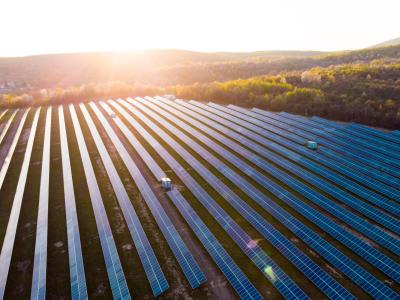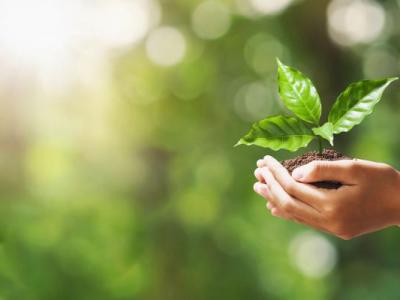Zero Projects

Micro-metering Of Energy Intensive Plant
We have performed a macro-level analysis of our energy consumption alongside Pro Enviro, but we have recently undergone a micro-level assessment using micrometers. These can help us identify where our greatest energy consumption is occuring, and take action to reduce our overall consumption and emissions.

Installation of 1mW of Solar PV
We have installed a largescale Solar PV array on our Altitude site near Birmingham. The goal of this is to massively reduce the overall energy consumption we see from our storage solutions on site, such as fridges.

Reducing landfill
Great food shouldn’t end up in the bin so we have a number of initiatives designed to specifically repurpose surpluses.
For example, that’s why we have buddied up with FareShare to send our surplus fresh produce to local community groups and charities. In the last year, we have redistributed more than 376 tonnes of surplus produce, which is equivalent to almost 900,000 meals for the people who need it most.
Utilising this surplus also has a benefit for the environment, with FareShare calculating that by redistributing this surplus we have saved 602 tonnes of CO2e and 564 million litres of water from going to waste.
Any surplus produce which can’t be used provides fuel of a different kind as it’s sent to an Anaerobic Digestion plant (AD) where it’s converted into biogas – a clean, net-zero carbon source of energy.
All packaging use is minimised and where it is necessary to use, we ensure it is recycled.

English School's Fruit and Vegetable Scheme
To improve the health and diets of nearly 700,000 schoolchildren in the Midlands, London and the Home Counties, we are proud to be a key partner in the Department of Health’s English School’s Fruit and Vegetable scheme, which gives all 4–7-year-olds a piece of fruit every day.
During a 190-day school year, we supply and deliver fresh produce into over 16,600 primary schools, providing 2.3 million fresh food portions each day

United Nations Sustainable Development Goals
The UN SDGs form MWW’s guiding principles and sit at the heart of our business development strategy.
Due to the nature of our international business of growing, handling, packing and transporting fresh produce from suppliers located across the globe the management team have developed an ambitious sustainability
strategy for the whole of our value chain which adopts most of the UN-Sustainable Development Goals.